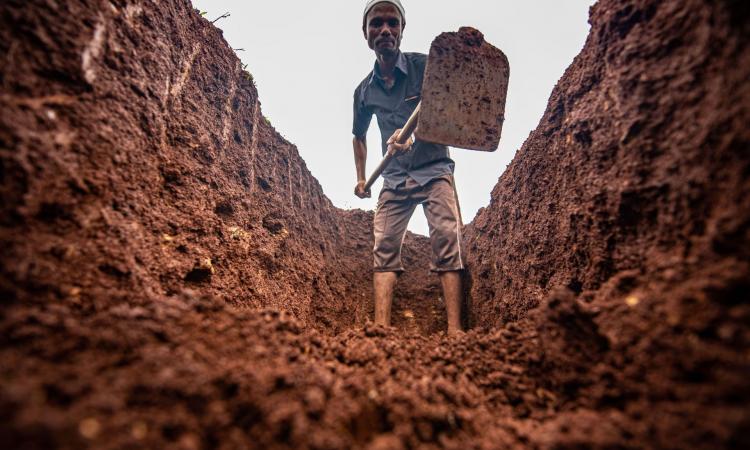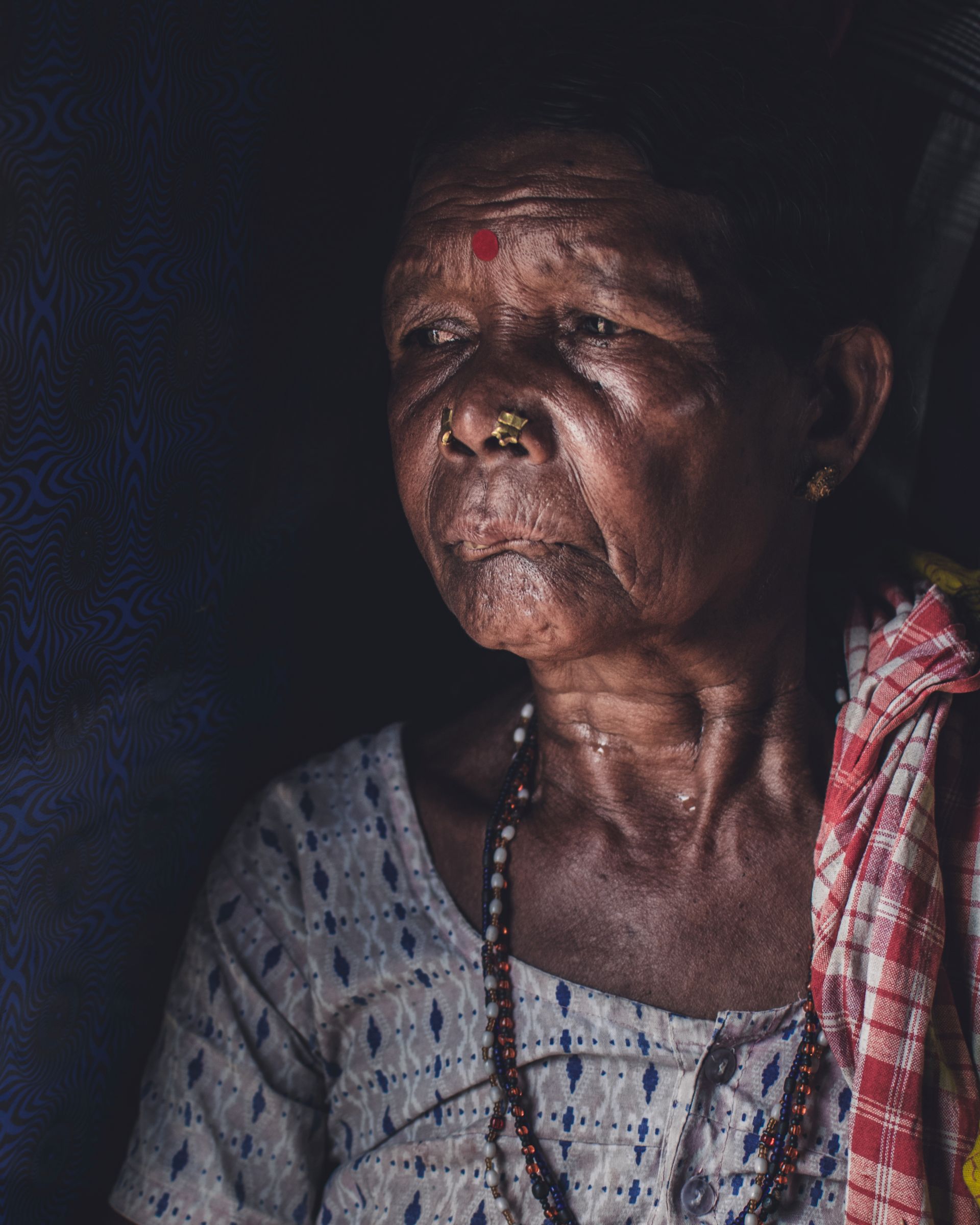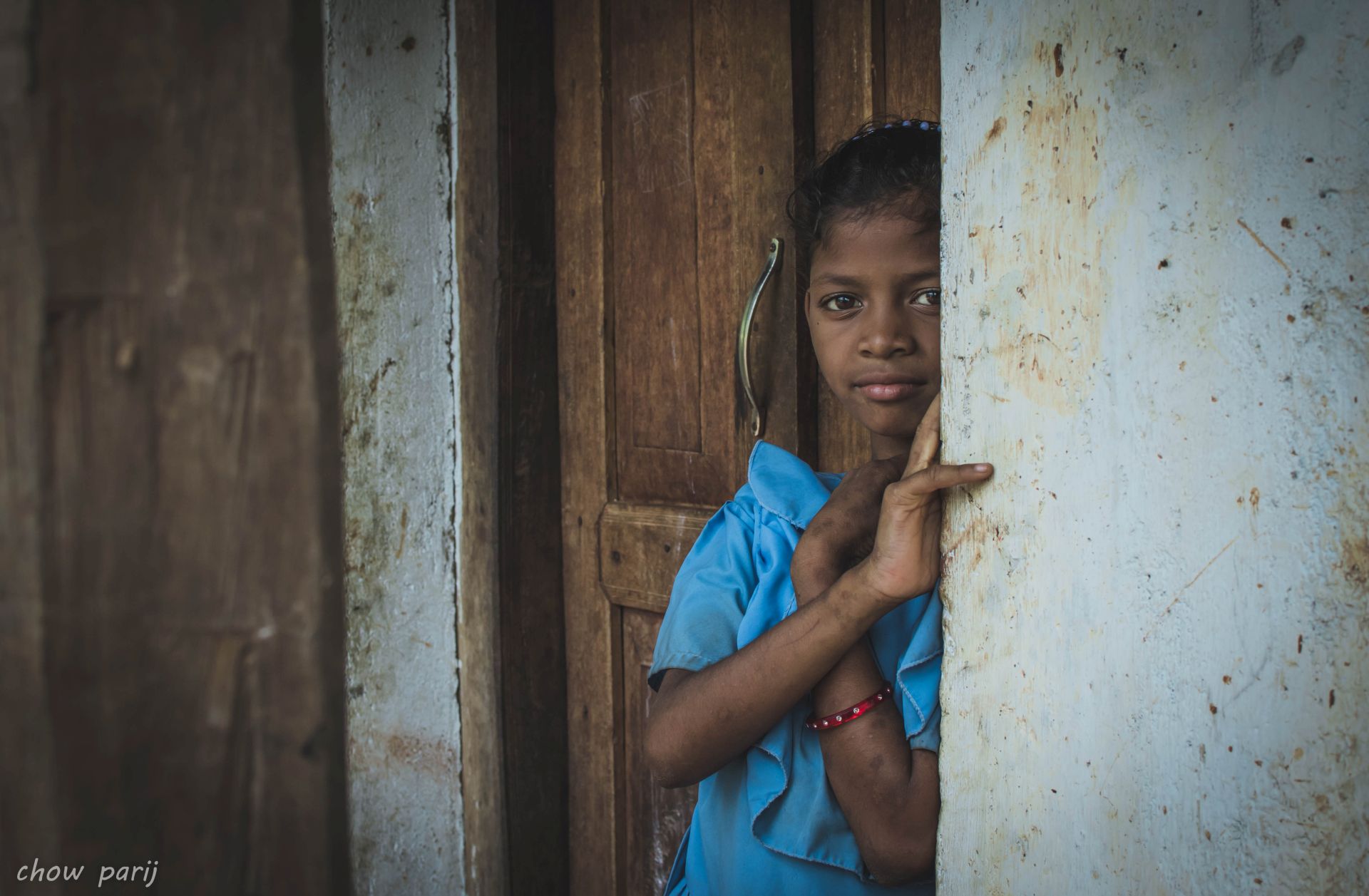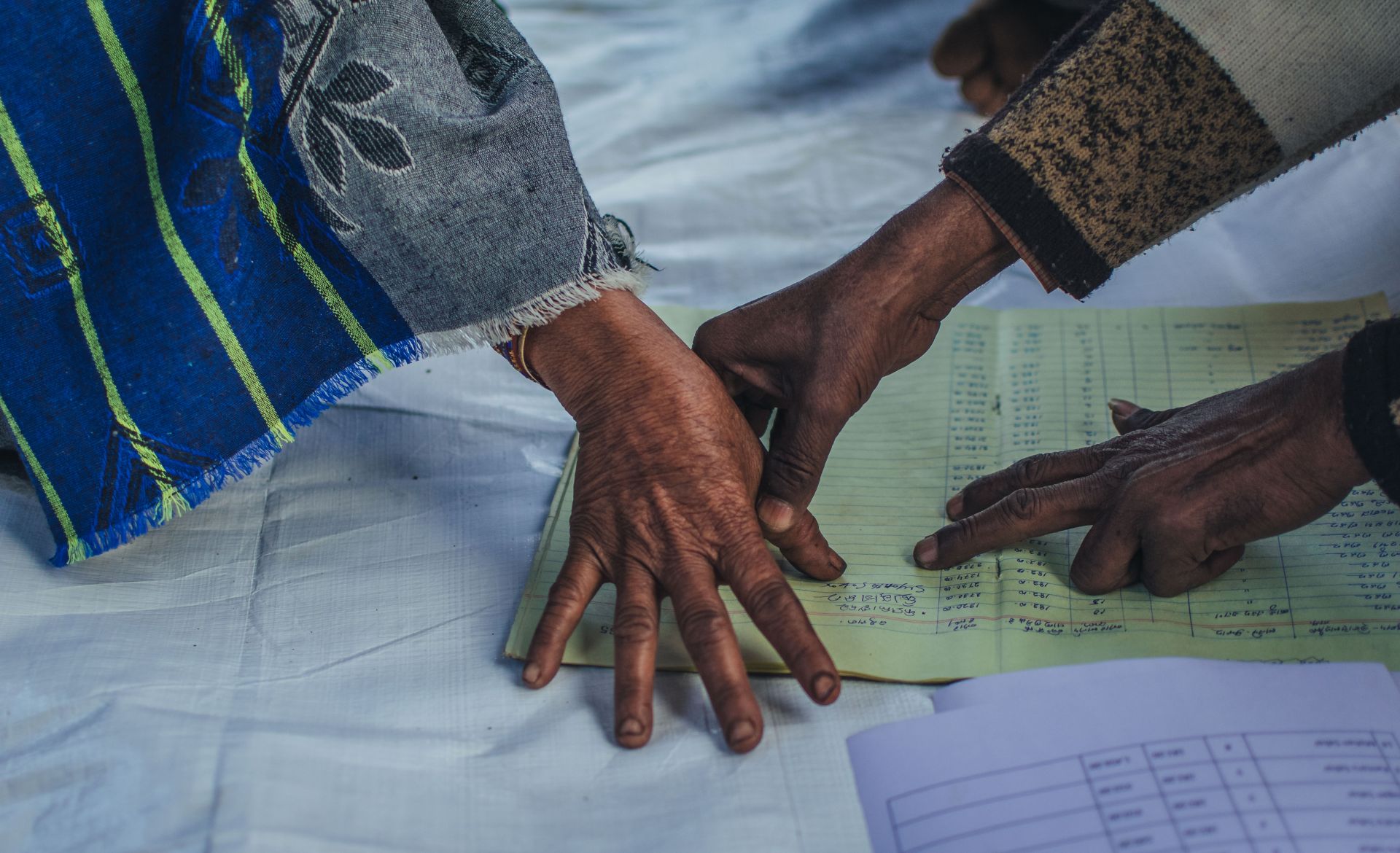
Uncertainty - the pervasive feeling that all of us have been living with from the middle of March 2020. It's the same in our partner villages in Odisha and Jharkhand. Communities we work with have been facing and overcoming uncertainties all through their lives. But this time, the crisis has put unusual stress on their abilities to cope.
As a community development organisation, we find ourselves caught in the currents, and our abilities to effectively support our partners are constantly being put to test. However, we quickly adapted to shifting circumstances. This enabled us to remain relevant to their needs.
These past 15 weeks, we worked in solidarity with the marginalised rural poor communities, who took the biggest hit from the pandemic and the lockdown.
We supported them in many different ways - food, entitlements, livelihoods, a crisis helpline, health awareness, and strengthening local government efforts. We also mobilised funds from our resource partners and continue to reach out to new ones to help the communities. But, the struggle does not seem to end.
The words from Maya Angelou, the American poet and civil rights activist are apt for the times. “My mission in life is not merely to survive, but to thrive; and to do so with some passion, some compassion, some humour, and some style."
As always, we will face the crisis head-on, in solidarity with our community partners, walking hand-in-hand with them.
Every day brings new challenges to our resolve and capabilities.
Little work, little income
 While the monsoon farming season is active in most parts of Odisha, cash incomes are hard to come by. MGNREGS or similar wage-earning opportunities are available but at the cost of working in one’s own farms and future food security. The localised lockdowns in different parts of the country due to the continuing spread of the Covid-19 virus and lack of travel options mean that migrant workers wanting to go back to workplaces are unable to do so.
While the monsoon farming season is active in most parts of Odisha, cash incomes are hard to come by. MGNREGS or similar wage-earning opportunities are available but at the cost of working in one’s own farms and future food security. The localised lockdowns in different parts of the country due to the continuing spread of the Covid-19 virus and lack of travel options mean that migrant workers wanting to go back to workplaces are unable to do so.
The livelihoods challenge continues to be acute despite the best efforts of the government and civil society organisations.
Ongoing efforts by the Gram Vikas team and leadership of the village development committees have initiated MGNREGS works in 53 gram panchayats in 23 blocks of nine districts, benefitting 4,951 households. So far, 41,235 days of work, worth INR 85.54 lakh, have been generated.
We continue to engage with migrant workers to build their skill-competency profiles to help them find suitable jobs as soon as possible. The Migrant Resource Centre (MRC) based out of Bhawanipatna in Odisha's Kalahandi district is coordinating this work. The MRC already has a database with experience and aspiration details of more than 2000 workers.
A season of hunger
Working hard through the summer to save cash and food for the monsoons has not been possible this year due to the lockdown. Households, especially in the tribal-dominated, hilly areas, face a looming food crisis.
There is increasing food stress, particularly among the more vulnerable households in our partner villages. While most of them received their public distribution system food grain entitlement, they have not been able to buy other essential foods like cooking oil, pulses, salt, and spices due to the lack of work and incomes.
With the onset of monsoon, there will now be limited access to other sources of nutrition, such as forest produce. At least 15% of the households in tribal-dominated, hilly regions are likely to face a food crisis in the coming days.
No school, no internet, no learning
 Schools in Odisha are unlikely to open anytime soon. Many first-generation learners, in Classes 9 and 10, from remote, hilly areas are facing a crisis. Their urban counterparts are having access to education technology platforms aided by seamless internet access. With little or no internet access, their inability to access distance learning puts their education on hold. Lagging behind in education has serious implications for the learning outcomes and the future of these students.
Schools in Odisha are unlikely to open anytime soon. Many first-generation learners, in Classes 9 and 10, from remote, hilly areas are facing a crisis. Their urban counterparts are having access to education technology platforms aided by seamless internet access. With little or no internet access, their inability to access distance learning puts their education on hold. Lagging behind in education has serious implications for the learning outcomes and the future of these students.
The glaring digital divide continues to leave children in rural Odisha behind; particularly, the school-going children from remote tribal villages that Gram Vikas works with. Poor network connectivity along with frequent power outages makes learning through smartphones, computers, or television impossible.
In the coming days, our work will focus on:
- Ensuring access to adequate food for the most vulnerable households.
- Strengthening dignified income-earning opportunities, locally and for those wanting to migrate.
- Helping children from tribal communities access supplementary learning opportunities.

What we have done till now
- Facilitating mobilisation and awareness generation among rural communities and supporting the local administration for effective handling of the pandemic crisis in 348 villages covering 14,979 households.
- Awareness generation, follow-up, and lobbying with the local governments to ensure that people receive their food and employment entitlements, benefitting 18,012 households in 388 villages.
- Direct support for meeting immediate needs for food, essential items, and personal protection equipment for 4,822 households in 129 villages.
- Reaching out to migrant workers stranded in different locations with physical and emotional support and planning for effective livelihood rehabilitation covering 13,812 households from 853 villages.
Ongoing support to the communities is critical to reassure them and help tide over the crisis with dignity and hope. The best way you can help us now is to donate as much as you can to our Covid-19 Response support. Or be ambassadors for our efforts to help raise money to keep the families hunger-free, children learning, and create opportunities for dignified work. In usual times, in-person, non-financial support would have been equally valuable. But today, your support in raising resources will amplify our abilities to deliver on the ground.
Donate for Covid-19 response
For more information, visit: Gram Vikas COVID-19 Response Updates Reach out to us at c19@gramvikas.org
The update can be accessed below